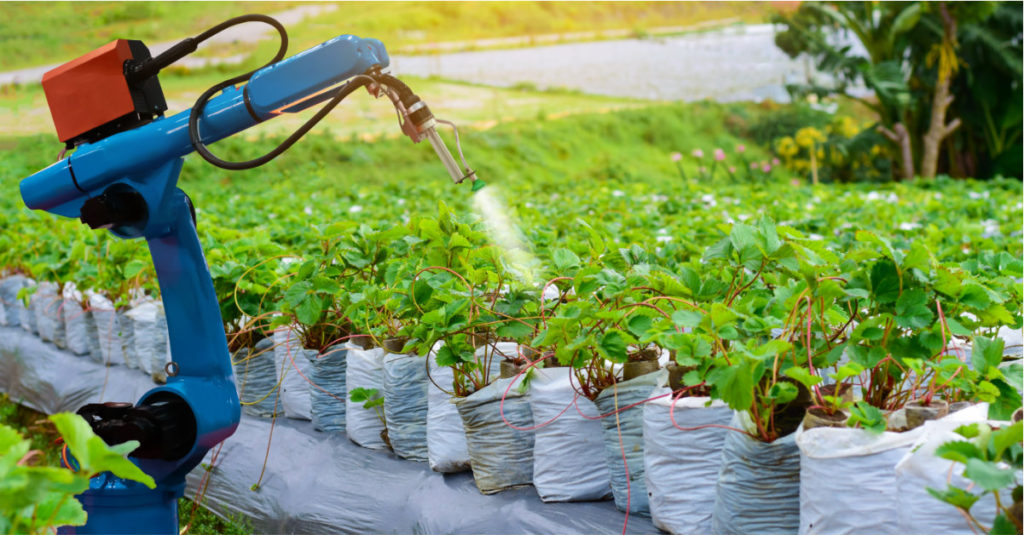No One Anticipated COVID-19
I believe that COVID-19 is the most influential event to occur within the food industry since Upton Sinclair’s novel “The Jungle” was published in 1906. This novel was written to portray the harsh conditions in Chicago within the meat industry and ultimately led to the meat inspection act which was designed and implemented to provide the public with a safe, wholesome meat supply. This kicked-off food regulation and food safety as a whole.
Why do I believe COVID-19 has the same potential to change the food industry the same way? Up until now, food facilities have relied on manual labor for much of their operations. This explains why COVID-19 has hit 25% of the pork supply and 10% of the beef supply in such a short period of time.
Agriculture and Food sectors are identified as some of the 17 critical infrastructures within the Homeland Security Presidential Directive. To assist in protecting the Nation’s food supply, the Federal Bureau of Investigation, DHS, USDA, and HHS/FDA have developed a joint assessment program— the Strategic Partnership Program Agroterrorism (SPPA) Initiative.

How is it that despite advancements in automation and technology, and food being one of the 17 critical infrastructures of the United States, it is generally still handled and produced in the same way as it was 50 years ago?
What did SPPA initiative miss? With COVID-19 the answer couldn’t be more clear. There is too much dependence on manual labor within the food supply. Food manufacturers depend on manual labor for much of their operations — so when workers are sick the plants can’t operate. And that’s a big problem.
Why haven’t most companies yet adopted new automation tools that can reduce the dependence of human labor and lead to reduced costs, and improve food safety and quality? Is it because they are too expensive? Or is it because they are not aware of the consequences up until now? I originally believed the answer to this question was related to the costs of implementing new technologies. As many of you would know, I was wrong. There are other factors in play.
There is a story I once heard that speaks to this exact point. For generations, a family has prepared their Thanksgiving turkey the same way. They would thaw the bird, clean it, season it, stuff it, truss it, and right before they toast it they would cut about a couple inches from both sides and then place it in the oven. One year the grandson asked grandma why they cut a couple inches from both sides and she wasn’t sure. When they dug deeper, they found out that several generations ago the oven was not large enough to fit the whole turkey.
While this is just an analogy, it represents the way many food manufacturers operate. We as humans drive change within an organization so this is a direct reflection of human behavior. A recent study suggests we make 35,000 decisions each day, so our brains don’t have the capacity to question every task we carry out. It relies on patterns and learned behavior to be more effective. While this is great for fight or flight situations, not so much for running a business the world depends on.
Generally as a civilization we tend to sit back and follow the status quo. We rely either on external forces or on a small number of individuals who change the way the world operates. Think the personal computer. Think The Jungle. Think world wars and how they were responsible for massive shifts in industries. We tend to adopt new ways of doing things once the pain of staying the same becomes greater than the pain to change.
Is COVID-19 a new external force that will spark change? Absolutely.
Has COVID-19 affected massive food manufacturing facilities that the general population depends on for their food supply? Yes.
Should the SPPA initiative look at new available technologies for food production and develop new standards for food manufacturing that reduce the dependence on manual labor? I hope so. Do I think that overall COVID-19 will be the best thing that has happened to the food industry? Without a doubt.
There is an immediate need for food processors to implement social distancing within food facilities. One way of meeting this goal is to implement automation and cloud-based technology. While doing so will fix the immediate need for meeting social distancing guidelines, the unexpected benefits of implementing this technology will span far beyond.
Along with cost savings, improved food safety, and improved food quality, food processors can have complete confidence in their production lines and monitor production in real time. This quite literally means they can run their production from their living room. Not only will they know the process conditions within the equipment, but also what ingredient the operator is loading, the quantity, how long it took, and when they hit “start.”
What if FPPA required a percentage of the food supply to have the ability to be manufactured remotely? Without human intervention. Could this be the short answer to prepare for the next pandemic?
A year ago, if I would have introduced cloud-operated food processing equipment I would have been met with hesitation. Not due to the costs associated, but due to the fear of change. Within change lies uncertainty, and subconsciously we tend to avoid making uncertain decisions. Especially not when your job depends on it.
Sometimes I think to myself, “If only they understood the benefits and ROI associated with cloud technology they will be convinced.” While large fortune 500 food companies tout ROI and financial decisions, many times I hear, “well we’ve always done things this way.” Unfortunately 99% of our decisions are irrational, including business decisions.
External forces such as COVID-19 create pain, and pain creates change. I personally look forward to the long overdue advancements within the food industry. To learn more about how Blentech helps food manufacturers produce food remotely click here.
